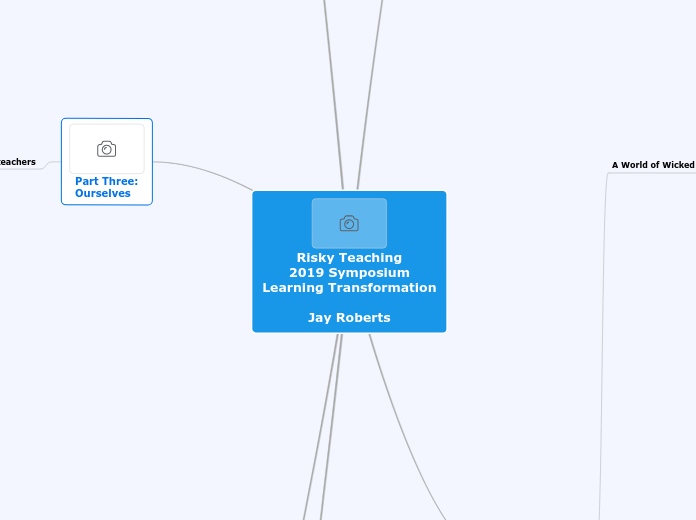a John Gonzalez 12 éve
209
English II Pre-Ap Visualization
Research has indicated that open-heart surgery may be more effective than angioplasty for treating coronary heart disease in patients with kidney failure. A significant portion of individuals undergoing dialysis suffer from blocked arteries, yet there is limited guidance on the best treatment method since these patients are often excluded from major studies.









